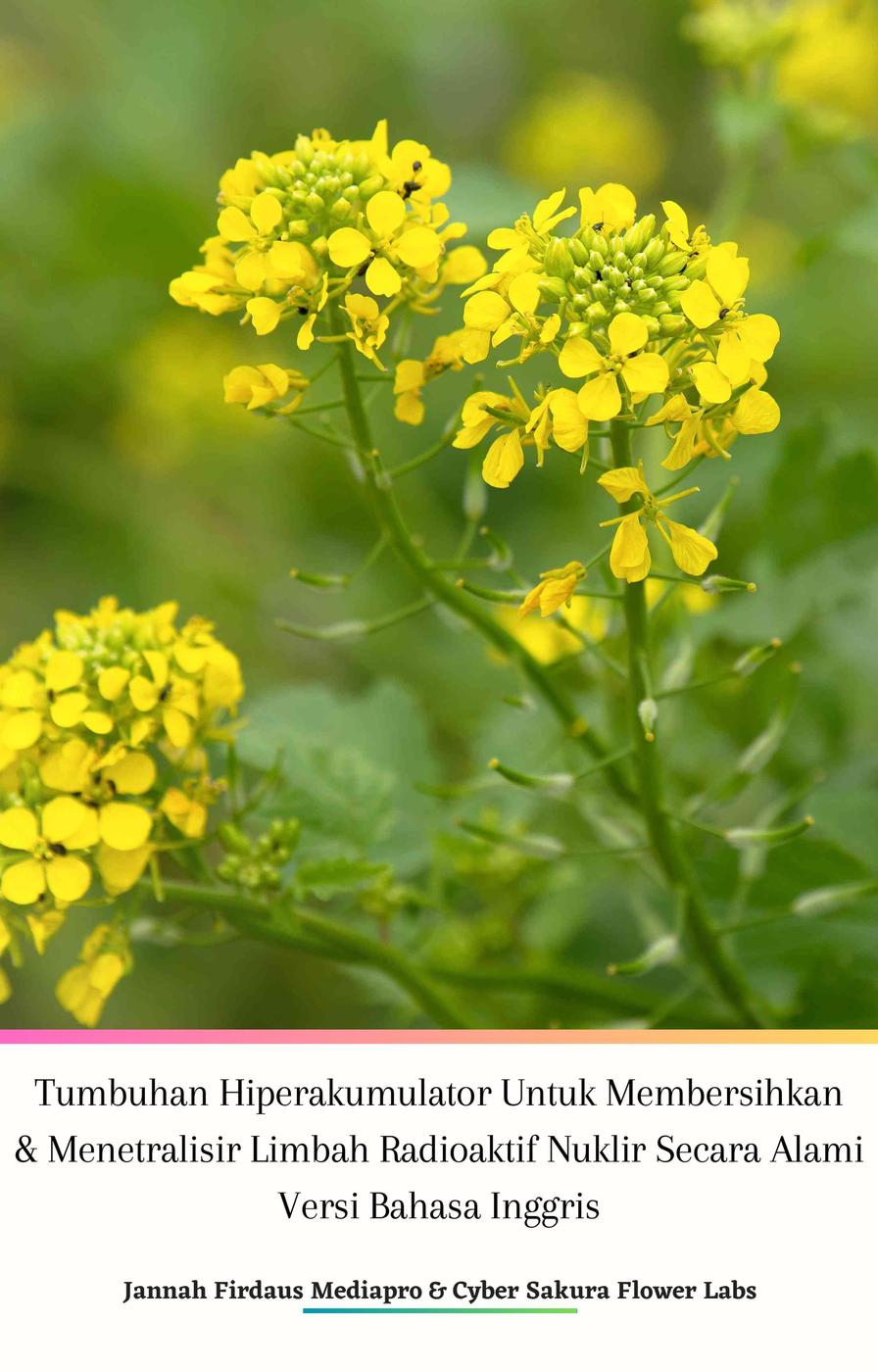

Most ebook files are in PDF format, so you can easily read them using various software such as Foxit Reader or directly on the Google Chrome browser.
Some ebook files are released by publishers in other formats such as .awz, .mobi, .epub, .fb2, etc. You may need to install specific software to read these formats on mobile/PC, such as Calibre.
Please read the tutorial at this link: https://ebookbell.com/faq
We offer FREE conversion to the popular formats you request; however, this may take some time. Therefore, right after payment, please email us, and we will try to provide the service as quickly as possible.
For some exceptional file formats or broken links (if any), please refrain from opening any disputes. Instead, email us first, and we will try to assist within a maximum of 6 hours.
EbookBell Team

4.0
16 reviewsMengenal Lebih Dekat Aneka Ragam Jenis Tumbuhan Hiperakumulator Yang Bermanfaat Untuk Membersihkan Dan Menetralisir Limbah Radioaktif Nuklir Secara Alami Dalam Bahasa Inggris.
Hyperaccumulator plants are capable of removing and storing large amounts of radioactive nuclear waste from the environment. These plants are often used in phytoremediation, a process of using plants to remove pollutants from the environment. Examples of hyperaccumulator plants include Sunflower, Thlaspi caerulescens, Pteris vittata, Stanleya pinnata, Vetiveria zizanioides and Euphorbia hirta. These plants have been used in the past to clean up the radioactive isotopes that were released during the Chernobyl Nuclear Power Plant accident in 1986.
Additionally, some species of hyperaccumulator plants, such as Brassica juncea, have been shown to be effective at removing uranium from contaminated soil. Radioactive nuclear waste can be extremely dangerous to both humans and the environment. It has the potential to cause serious health problems and long-term environmental damage. Radioactive Nuclear Waste can contaminate groundwater, soil, and air, and can spread to other areas, potentially causing serious health problems to people who come into contact with it. Radioactive nuclear waste can also have an effect on the environment, harming plants and animals and disrupting ecosystems.